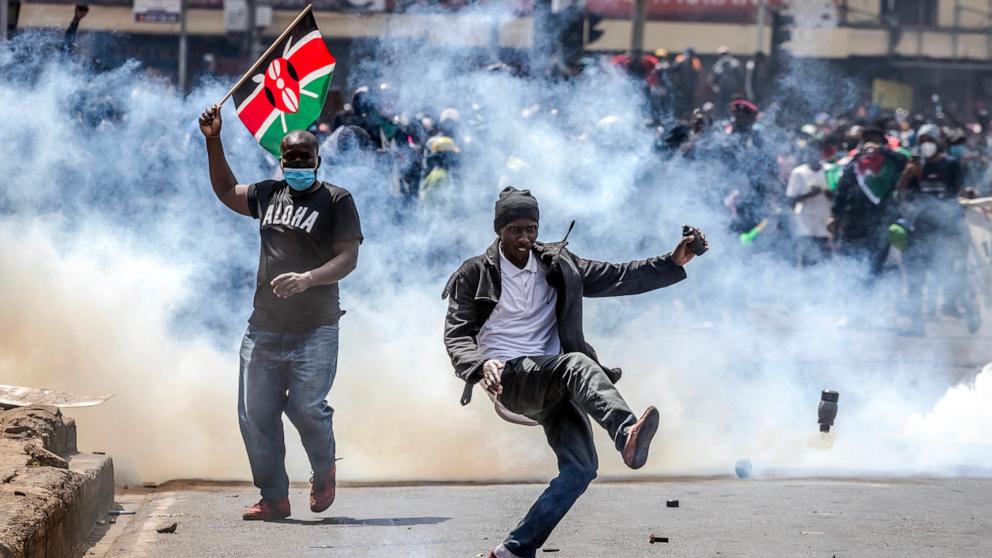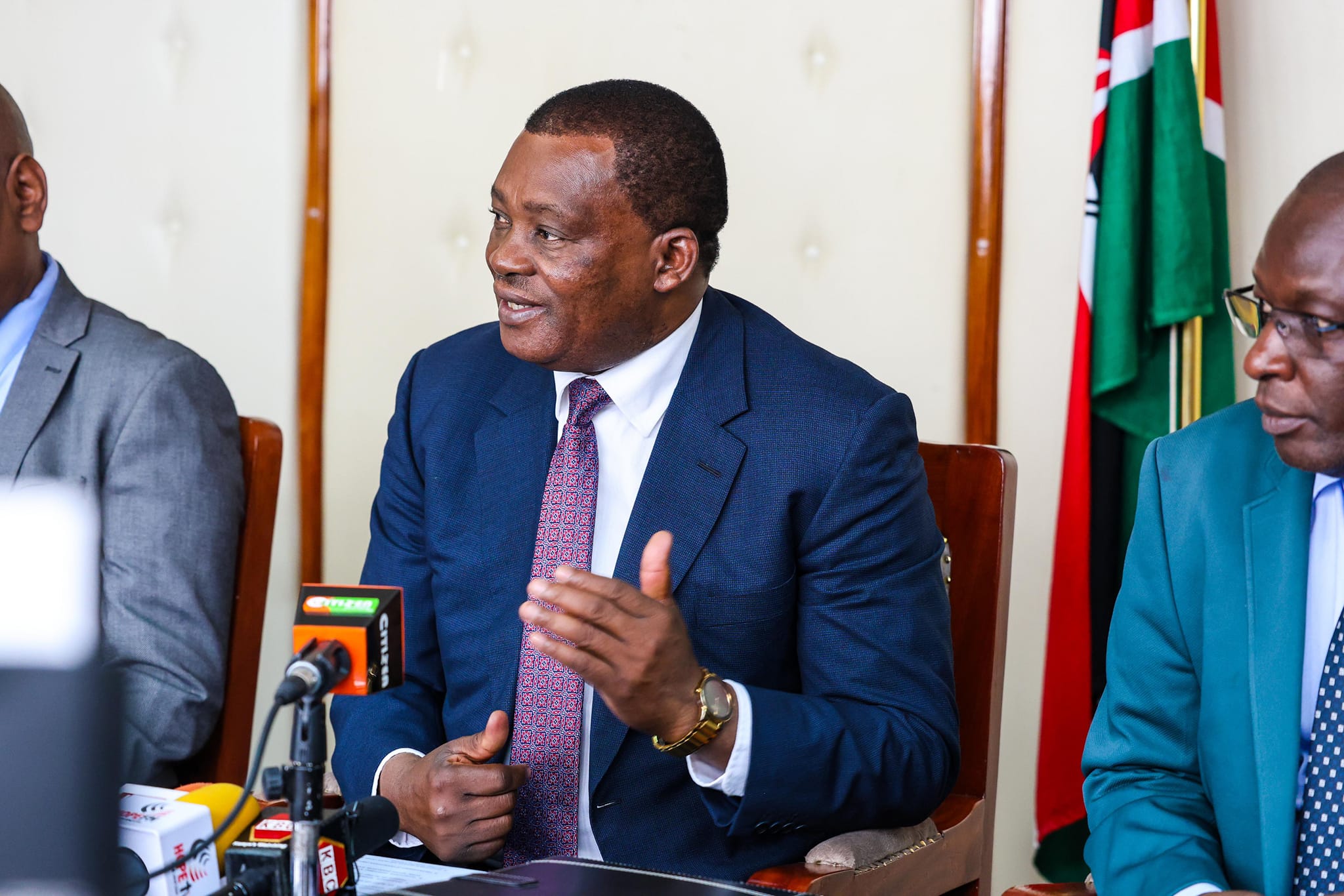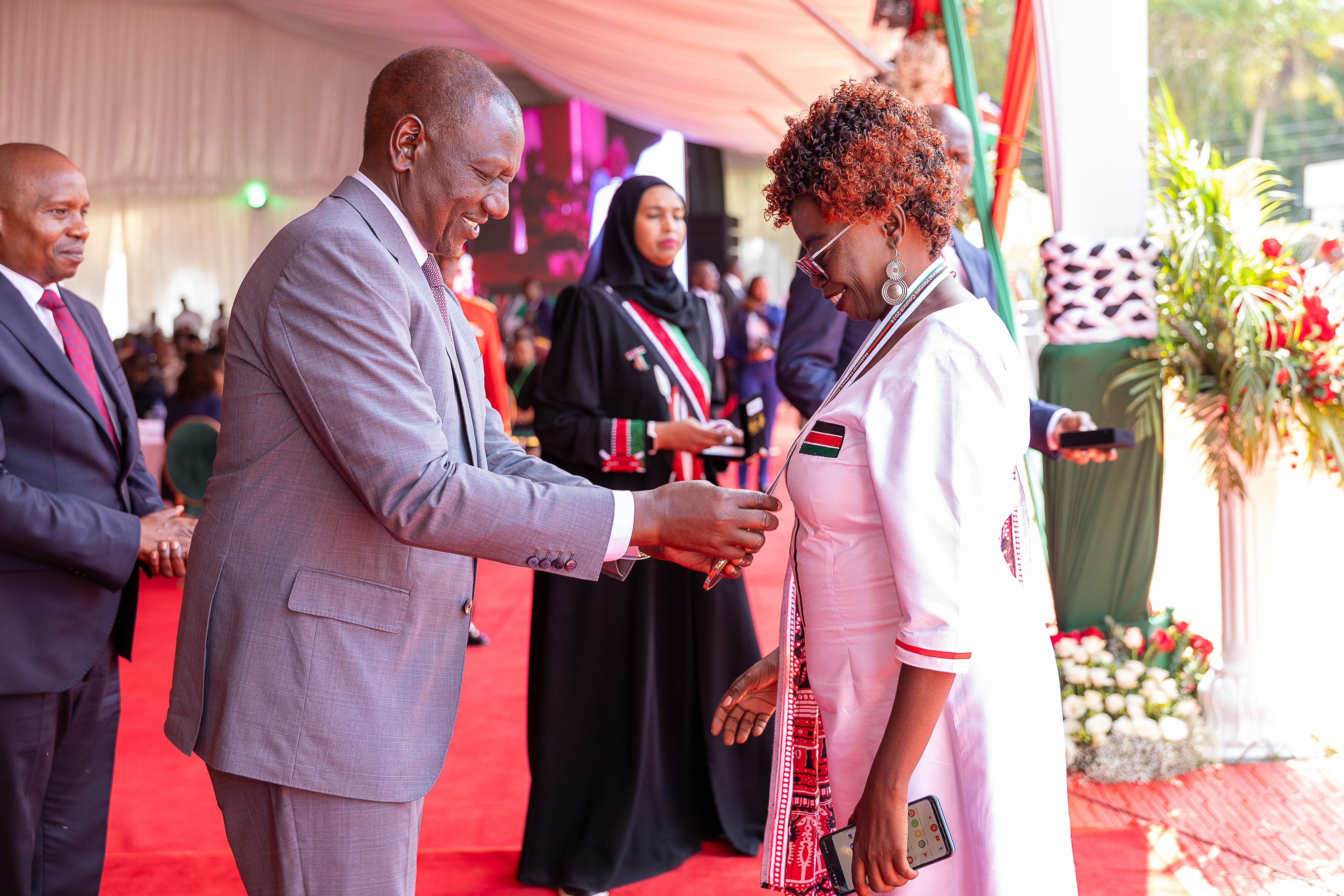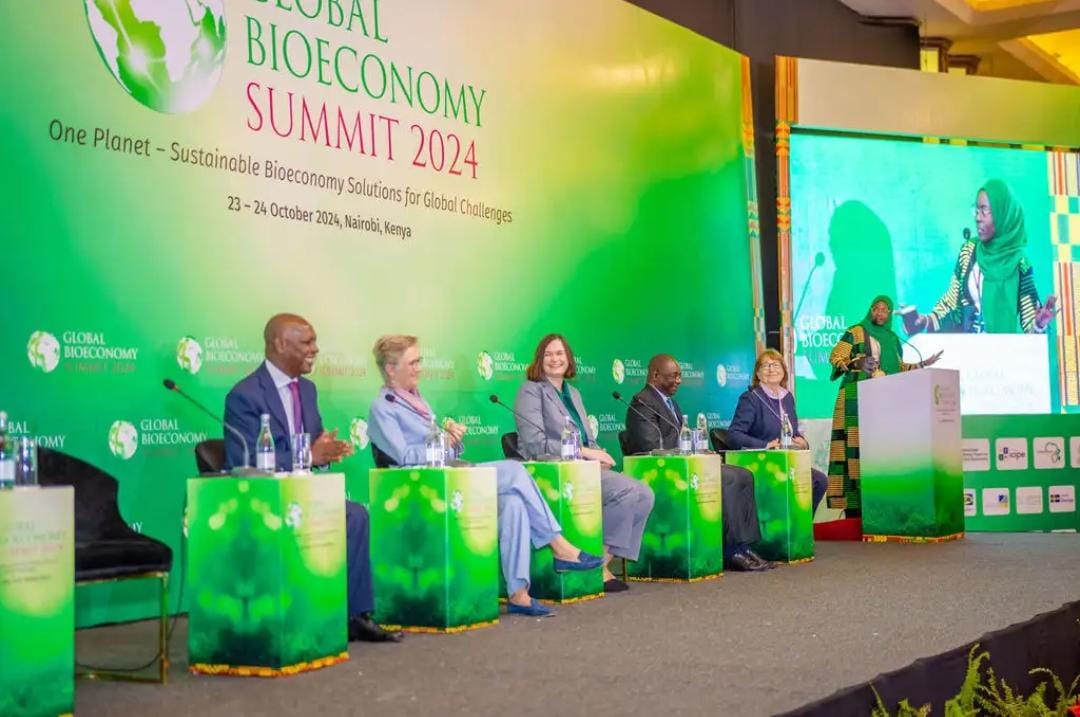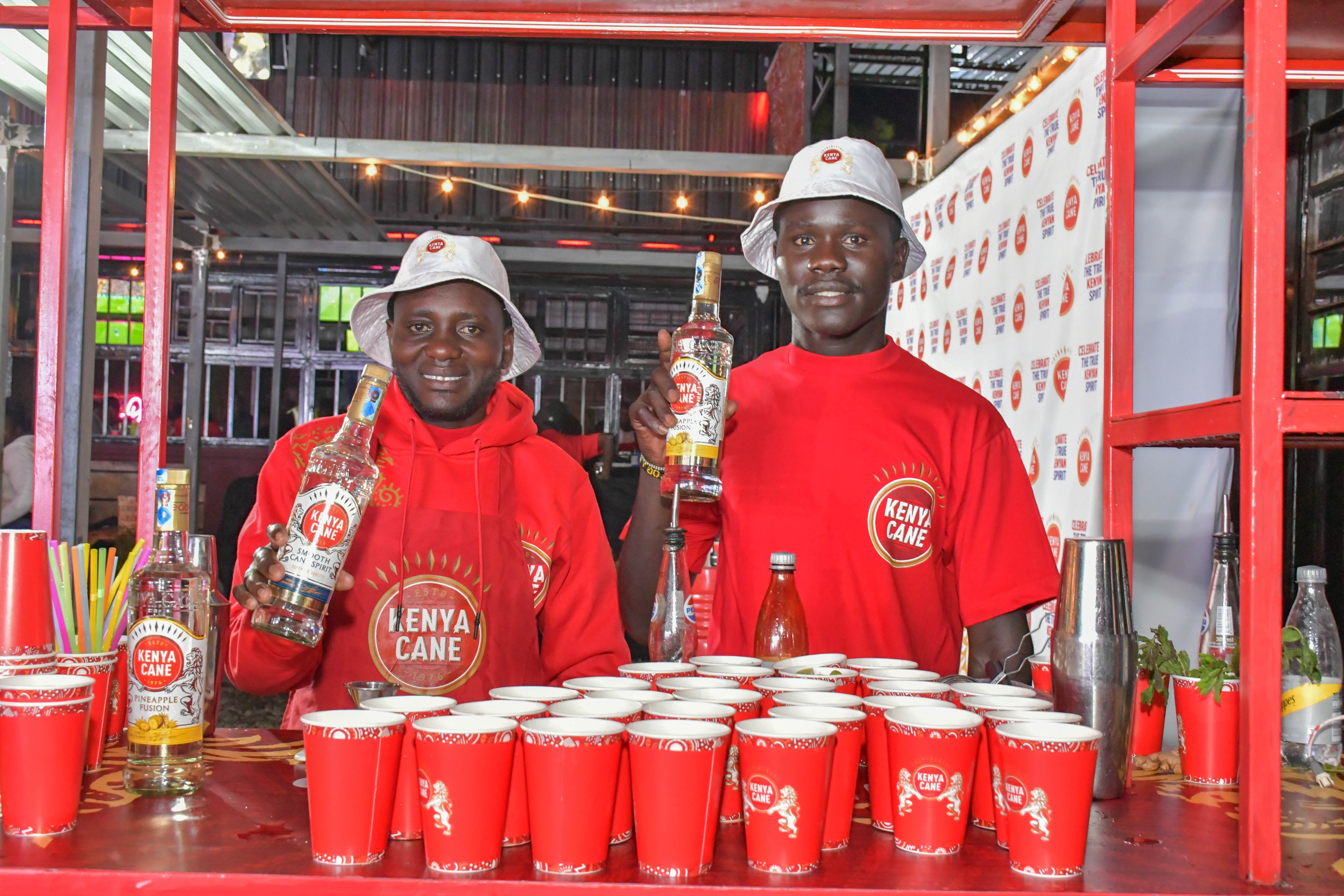Civil Societies Assess Kenya’s Electoral preparedness
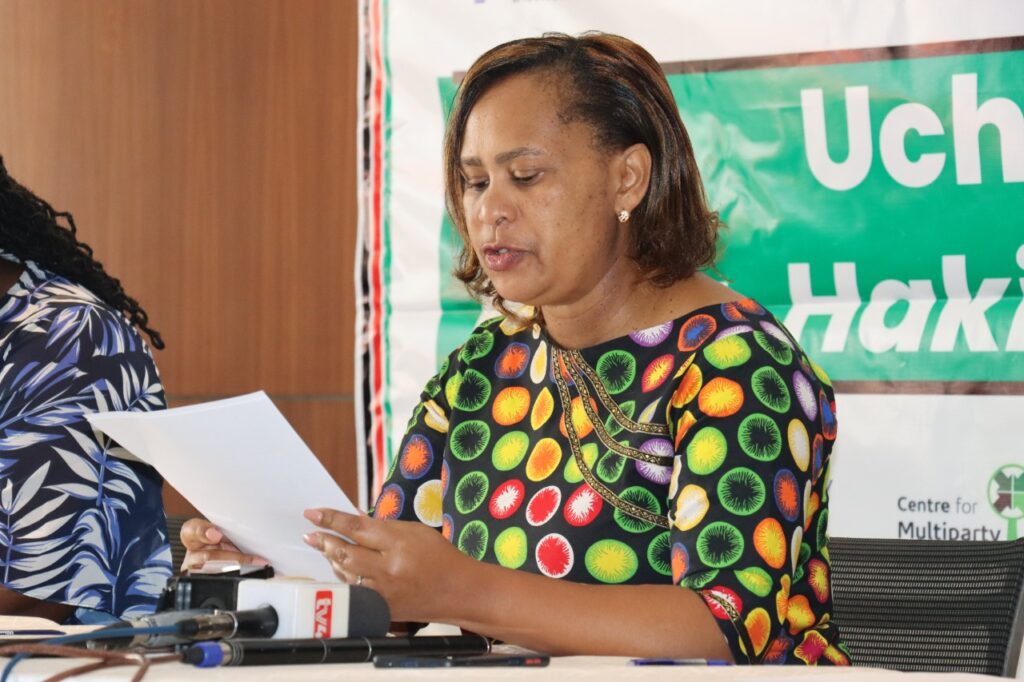
With 85 days left to the August polls, political activities across the country are continuing to gather momentum and are now at fever pitch.
The search for votes has intensified as those who won during party primaries hit the ground running despite that the official campaigns have not started.
It’s for this reason that a consortium of civil societies has come out to address some pertinent issues.
Caroline Gaita is the Executive Director of The Mzalendo Trust and she says,
The 2022 political party primaries have once again cast a shadow on the implementation of the two-thirds gender principle which, stipulates that no gender should make up for two-thirds of elective and appointive office.
The Independent Electoral and Boundaries Commission (IEBC) was on record, even before the party primaries, cautioning political parties against the submission of party lists that did not comply with this principle. Previous attempts to have the principle implemented during the past General Elections have proved futile and Kenyans hoped that this would be addressed in the current electoral process.”
The outspoken and smart Mrs Gaita added, “
As Civil Society Organizations, we wish to register our disappointment in the 43 political parties that did not comply. It is discreditable that among the 43, are the so called ‘big political parties’.
IEBC’s decision to lock out the non-compliant parties was met with a legal suit, and now the high court has barred IEBC from disqualifying the political parties from participating in the upcoming General Election until the matter is heard and determined.”
She continued to say, “We acknowledge that the matter is still pending in court and thus wouldn’t wish to comment further on it.
However, we wish to caution that this current situation of the 43 political parties who haven’t complied is a stumbling block to ensuring the implementation of the two-gender rule.
Political parties should find ways of ensuring that their party lists are gender-inclusive, to afford both men and women a level playing field in the electoral process.”
On election CAMPAIGN FINANCING she said, “It is now apparent that the prospects of the country going into this year’s election without regulations to cap election spending remain high. The de-gazettement of spending limits in October last year after Parliament declined to pass them since they had not been tabled within the prescribed time limit, has meant that for the third successive time, this country will conduct its elections without oversight on campaign funding and spending. A judicial pronouncement by the High Court on this matter following a case filed by some of our members here stressed the need for the IEBC come up with regulatory framework.”
With respect to the aforementioned, we call upon the IEBC to quickly come up with regulations, subject them to public participation and gazettes them immediately thereafter. Further, we call on the government to use the available intelligence to ensure that those involved in money laundering and other criminal activities are arrested. Let us not allow criminals to hijack our electoral process and lockout law-abiding citizens who can bring the much-desired leadership change.
On the matter of INDEPENDENT CANDIDATES the consortium observed that “The number of independent candidates in this year’s General Election has risen to unprecedented levels. Data from the Office of the Registrar of Political Parties shows that 47 candidates have been cleared to vie for the presidency, while 7,111 others will be vying for the rest of the seats.
Whereas every Kenyan has the right to run for political office upon meeting the prerequisite qualifications, it is clear that a majority of those seeking elective positions as independent candidates have no faith in political parties. This implies a vote of no confidence in the political parties. Most of the parties haven’t democratic principles, and this was witnessed during the party primaries where some resorted to having consensus/negotiated democracy. This, as stated during our previous briefing, disenfranchises the membership and kills democracy within the party.
We, therefore, call on political parties to strengthen their structures and allow for fair competition during party primaries and other internal party activities. Party members should decide who they want to represent them in the various positions.”
In conclusion the consortium called for thorough vetting of candidates.
“These are the men and women who will be gunning for different positions and some stand a chance of winning.
However, there are some aspirants who face integrity issues. Some have been implicated in criminal activities, others have criminal cases pending in the courts, and others have even been impeached from public office or directed by the courts to stay away from office until their cases are heard and determined. While there has been a lot of buckpassing over who is responsible for the vetting of these aspirants, we hold that those with integrity issues should not appear on the August ballot papers. IEBC, EACC, DPP should all work in concert to address this issue.
The sanctity of the Kenyan elections must be upheld, and this can be achieved by ensuring that candidates with questionable characters are not allowed anywhere near leadership of this country.”
ons in Kenya. Election involves a plurality of actors each doing their part to contribute to the overall success of the electoral process. It is important therefore that all actors, including the members of the public do their part to contribute clean elections in August.
Felix Odhiambo, Executive Director, Electoral Law and Governance Institute for Sign:

